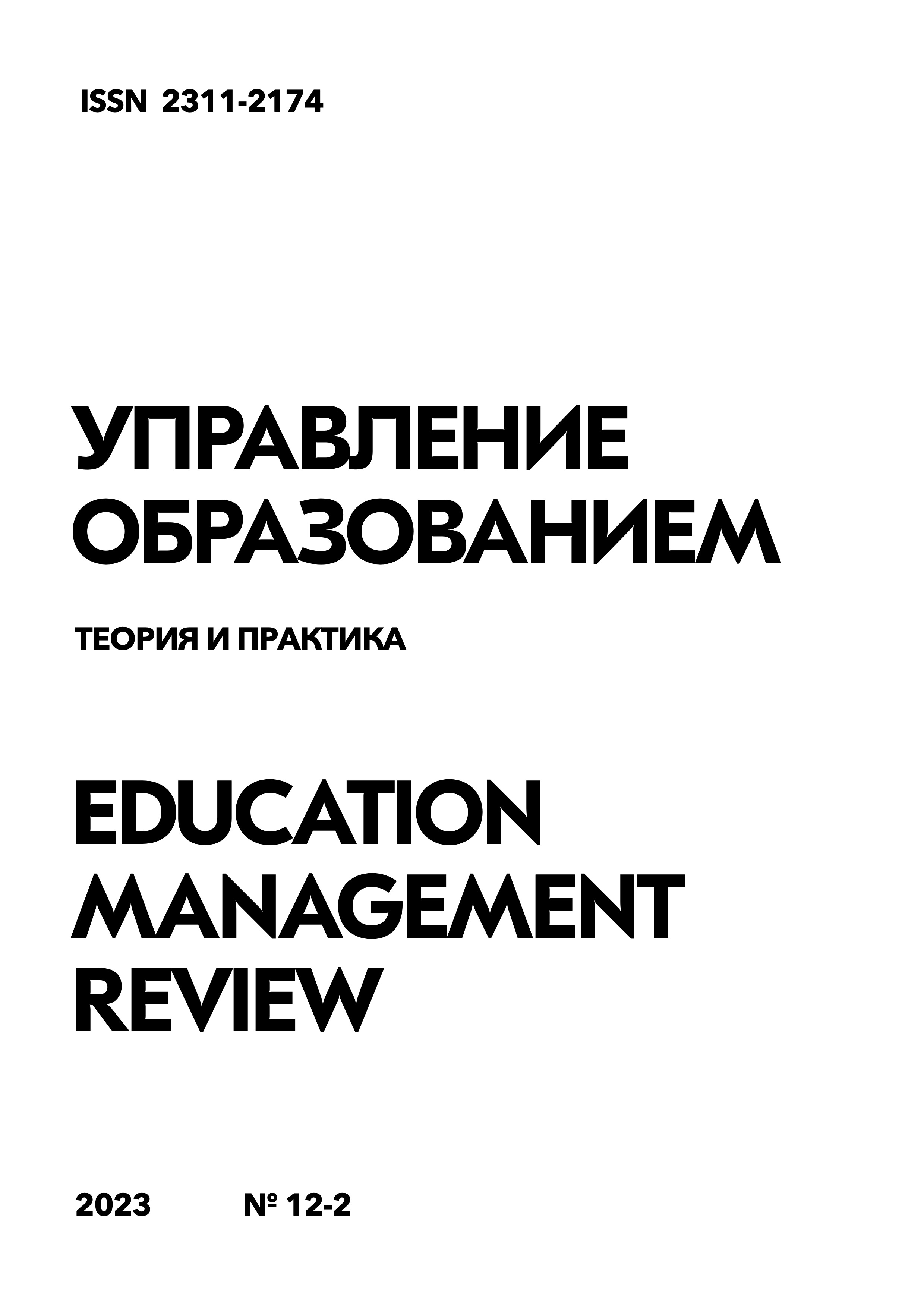The role of environmental volunteering in the transformation of the higher education system of Kazakhstan
DOI:
https://doi.org/10.25726/l9640-6125-4248-dKeywords:
ecology, volunteering, transformation, higher education system, strategyAbstract
Environmental volunteering plays an important role in the transformation of the higher education system in Kazakhstan. An active form of participation of students, teachers and staff in special projects and events aimed at nature conservation, environmental education and sustainable use of resources allows not only to acquire new knowledge and skills in the field of ecology, but also to realize their responsibility for the environment. Carrying out these events is aimed at developing civic responsibility and transforming the higher education system in Kazakhstan. Following trends in international practice, universities are developing the volunteer movement. One of the main objectives of environmental volunteering in the higher education system of Kazakhstan is the integration of environmental aspects into educational programs and scientific research. The authors analyzed the ongoing activities for the development of ecovolunteer activities at universities in Kazakhstan. The results of the participation of Kazakhstani universities in international rankings, such as UI GreenMetric World University Rankings and QS Sustainability University Rankings, which are important indicators of their contribution to sustainable development and an eco-oriented approach to education, are considered. Currently, all universities in the world should be focused on creating a “green university”, which has its own indicators. We studied international experience in creating and developing a “green university”.
References
Гаврильева Т.Н. Устойчивое развитие университетов: мировые и российские практики // Высшее образование в России. 2018. №7. С. 52-65.
Длимбетова Г.К., Моисеева Л.В., Абенова С.У. Экологическое пространство ВУЗА. «Зеленый университет»: монография. Уральский государственный педагогический университет. 2021. 200 с.
Касым-Жомарт Т. Избранные труды Президента Республики Казахстан. Алматы: Научно-исследовательский институт международного и регионального сотрудничества Казахстанско-Немецкого университета. 2021. 756 с.
Орлова С.В., Коршунова А.В. Молодежное добровольчество в России: история и современность: мат. науч.-практ. конф., под общ. ред. Орлова С.В., Коршунова А.В. Тверь: МедиаСпектр, 2021. 78 с.
Преобразование нашего мира: Повестка дня в области устойчивого развития на период до 2030 года // Резолюция, принятая Генеральной Ассамблеей ООН. 2015. URL: https://unctad.org
Певная М.В. Волонтерство как социальный феномен: управленческий подход: дис. док. социол. наук: 22.00.08. Национальный исследовательский Нижегородский государственный университет им. Н.И. Лобачевского. Нижний Новгород, 2017. 368 с.
Указ Президента Республики Казахстан. 2019. № 135 «Об объявлении Года волонтера». URL: https://adilet.zan.kz/rus/docs/U1900000135
Указ Президента Республики Казахстан. 2013. № 577 «О Концепции по переходу Республики Казахстан к «зеленой экономике». URL: https://online.zakon.kz/Document/?doc_id=31399596
Устойчивое развитие в условиях глобализации: реализация стратегии ЮНЕСКО на вторую половину декады ООН по образованию для устойчивого развития (2010-2015): Труды международной Конференции с участием кафедр ЮНЕСКО и сетей ЮНИТВИН. Москва: Российская академия государственной службы при Президенте Российской Федерации, 2011. Часть 5. 276 с. EDN ZWPCNR.
Cotton D.R.E., Winter J., Miller W., Dalla V.L. Is students’ energy literacy related to their university’s position in a sustainability ranking? // Environmental education research. 2018. Vol. 24(11) Рp. 1611- 1626.
Chalkley B., Sterling S. Hard times in higher education: the closure of subject centres and the implications for education for sustainable development (ESD) // Sustainability. 2011. Vol. 3. Рp. 666–677.
Dlimbetova G., Zhylbaev Z., Syrymbetova L., Alieva A. Green skills for green economy: case of the environmental education role in Kazakhstan’s economy // International journal of environmental and science education. 2016. Vol. 11(7). Рp. 1735-1742.
Hamiti S., Wydler H. Supporting the integration of sustainability into higher education curricula – a case study from Switzerland // Sustainability. 2014. Vol. 6. Рp. 3291–3300.
Puertas R., Marti L. Sustainability in universities: DEA-GreenMetric // Sustainability. 2019. Vol. 11(14). Рp. 3766-3784.
QS Sustainability University Rankings. URL: https://www.topuniversities.com
Rogers E.M. Diffusion of innovations; Free Press: New York, NY, USA; London, UK; Toronto, ON, Canada; Sydney, Australia, 2003. 580 p.
Singer-Brodowski M., Etzkorn N., Von Seggern J. One transformation path does not fit all-insights into the diffusion processes of education for sustainable development in different educational areas in Germany // Sustainability. 2019. Vol.11(1). P. 269. URL: https://doi.org/10.3390/su11010269.
UI Green Metric World University Rankings. URL: https://greenmetric.ui.ac.id
Vargas V.R., Lawthom R., Prowse A., Randles S., Tzoulas K. Sustainable development stakeholder networks for organizational change in higher education institutions: a case study from the UK // Journal of cleaner production. 2019. Vol. 208. Рp. 470-478.

